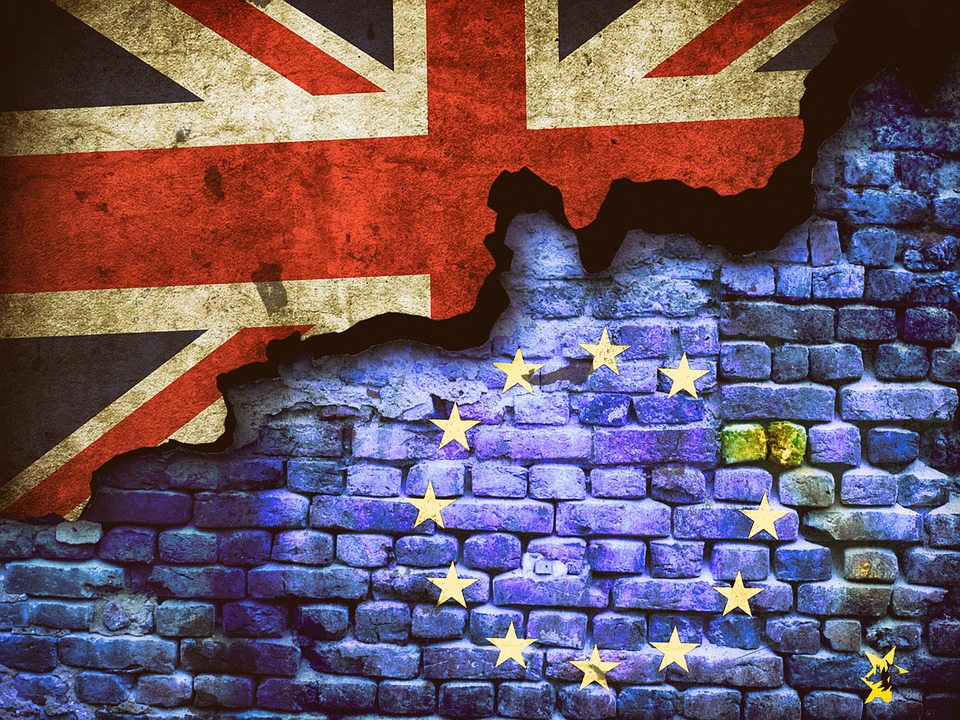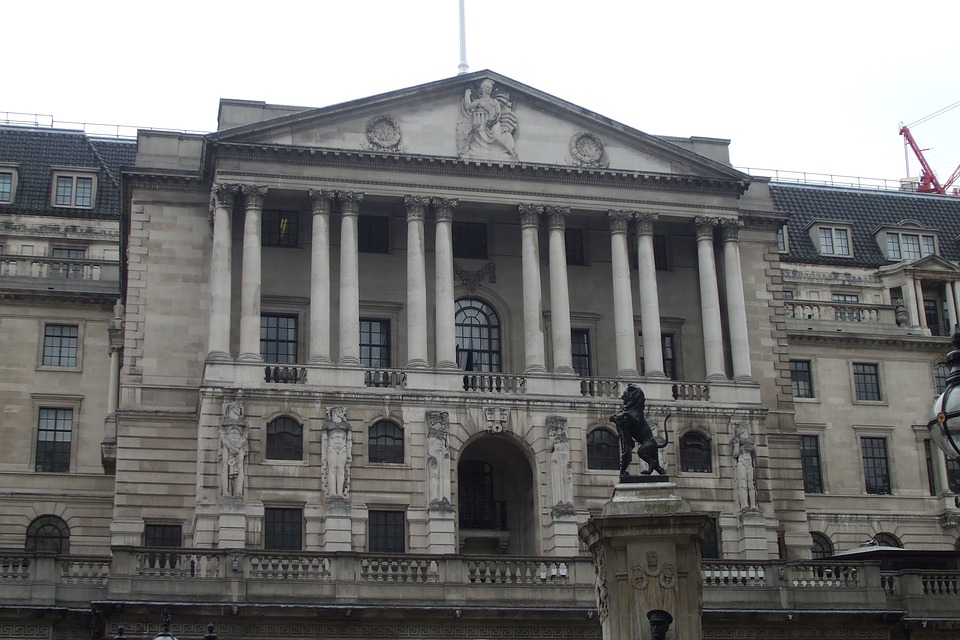The Bank of England may need to cut interest rates in the likely scenario that high levels of uncertainty over Brexit persist, policymaker Michael Saunders said on Friday in the first clear signal that the BoE is considering a cut.
Last week, without directly raising the prospect of cutting interest rates, the Bank of England said Brexit and slower world growth were increasingly causing Britain’s economy to perform below potential.
Saunders – who was one of the first BoE policymakers to vote for higher interest rates in 2017 and 2018 – said it was now his view that the unpredictable path of Brexit would effectively act as a “slow puncture” for the economy.
“Growth has slowed to a mere crawl,” he told local businesses in Barnsley, northern England. “I think it is quite plausible that the next move in Bank Rate would be down rather than up.”
After the comments, sterling GBP= fell by as much as half a cent against the dollar to a three-week low, and short-dated government bond yields dropped 4-5 basis points as investors priced in the increased chance of lower borrowing costs.
Prime Minister Boris Johnson has pledged to take Britain out of the European Union by Oct. 31, without any transition agreement if necessary, but is in a standoff with parliament which has voted to block a no-deal departure next month.
Even if Britain temporarily avoids a no-deal Brexit, uncertainty was likely to remain high, either due to the risk of a no-deal Brexit in 2020 or due to a lack of clarity about longer-term trading relationships with the EU, Saunders said.
“In this case, it might well be appropriate to maintain a highly accommodative monetary policy stance for an extended period and perhaps to loosen policy at some stage, especially if global growth remains disappointing,” he said.
British economic growth continuing at its current level of 0.1%-0.2% would be sufficient to justify lower rates, due to the risk of slack opening up in the economy and pushing inflation further below its 2% target, Saunders said.
The economy shrank by 0.2% in the second quarter of 2019 and last week the BoE trimmed its third-quarter growth forecast to 0.2% from 0.3%, while inflation dropped more sharply than expected to 1.7% in August.
David Cheetham, chief market analyst at brokers XTB, said the BoE looked increasingly likely to follow the U.S Federal Reserve and European Central Bank and cut rates.
“The economy is still barely keeping its head above water. Throw in the almost universally acknowledged continued levels of heightened uncertainty on the political front … and it is actually pretty shocking that a comment that a rate cut is ‘quite plausible’ has caused such a response.”
NO WAIT AND SEE
Simply waiting to see what happened with Brexit risked leading to inappropriate monetary policy, and the cost of reversing a rate cut if the outlook brightened would be low, Saunders added at the event hosted by the Barnsley and Rotherham Chamber of Commerce and Institute of Chartered Accountants.
“In general, I would prefer to be nimble… accepting that it may be necessary to change course if the outlook changes significantly,” he said.
Saunders still agreed with recent BoE guidance that a limited and gradual increase in interest rates would be needed over the medium term, if Brexit uncertainty reduced significantly and global growth perked up a bit.
In the event of a no-deal Brexit, Saunders repeated the BoE position that all policy options would be open.
Earlier this month, BoE Governor Mark Carney estimated in a worst-case, chaotic scenario that a no-deal Brexit could reduce the size of the economy by 5.5%. The Paris-based OECD has predicted a 2% hit in the case of a more managed no-deal Brexit.
Saunders was clear that a no-deal Brexit – advocated by some Brexit supporters as a way to resolve the uncertainty facing businesses – was not a good solution. “This would probably immediately leave some firms unprofitable. Others might face longer-term questions about their viability, or whether they would be better off relocating.”
Reporting by David Milliken
Source: UK Reuters










